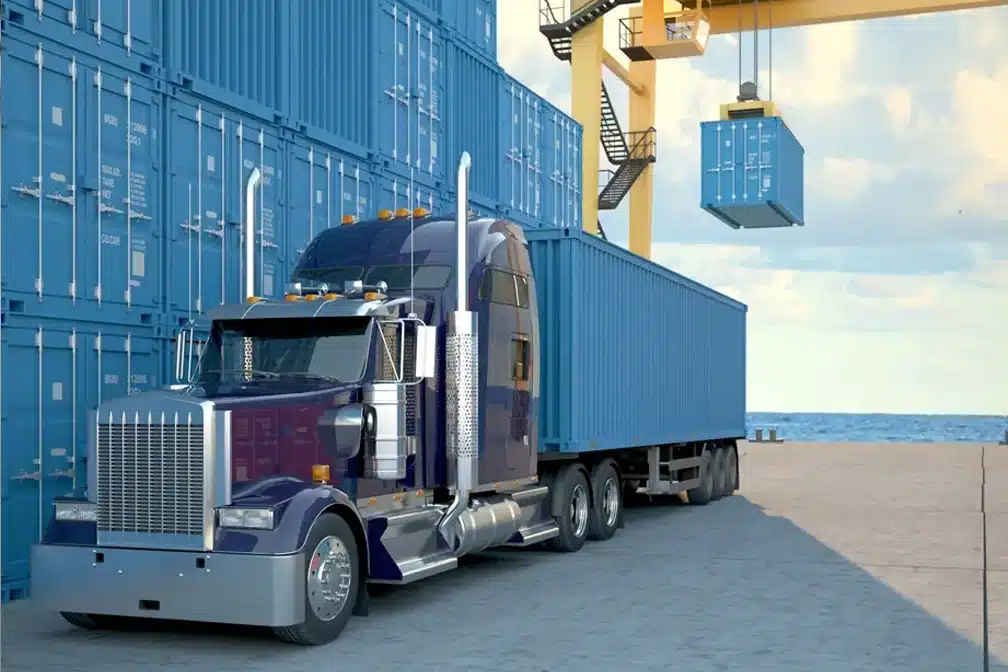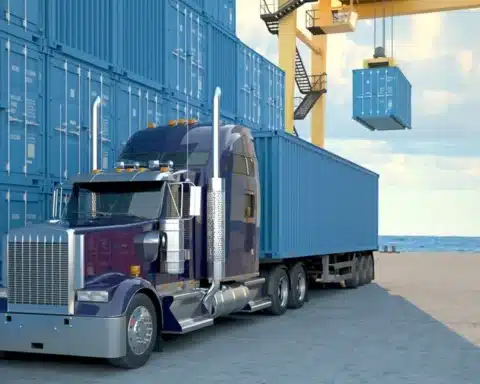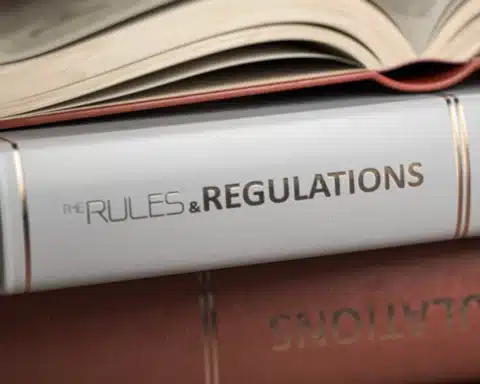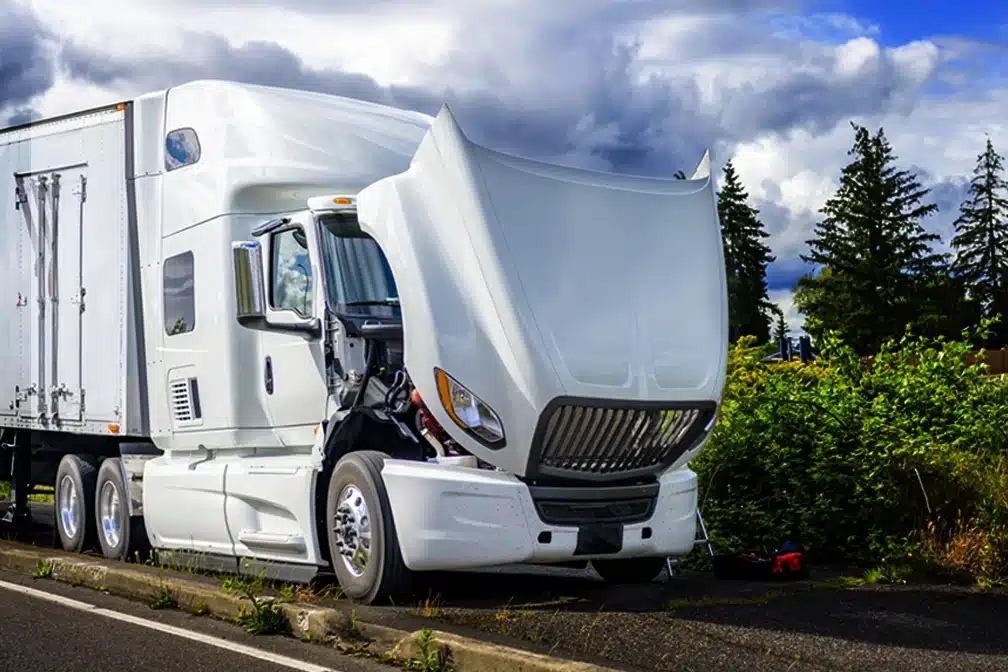
Diesel Truck Ban Delay in California Brings Temporary Relief
Introduction
In a significant turn of events, the California Air Resources Board (CARB) has announced a temporary halt on enforcing the ban on new diesel trucks in drayage work, a move that will undoubtedly be of interest to truck drivers across the state. This development comes as part of the state’s Advanced Clean Fleets (ACF) regulations, and it also puts on hold the plans to de-register model 2007-2009 natural gas drayage trucks. This news brings a sigh of relief for truck drivers who were facing an uncertain future due to the impending restrictions.
The Delay in Enforcement
The decision to delay the enforcement of the ACF regulations is primarily a strategic move by CARB to buy time. CARB is currently waiting for a response from the Environmental Protection Agency (EPA) regarding a waiver request that will grant the state the authority to enforce these rules. However, it’s important to note that obtaining the waiver might take several months, or even up to a year, as reported by the American Trucking Associations.
A Shift in CARB’s Stance
This announcement marks a significant shift in CARB’s stance, especially in light of recent legal challenges it has faced regarding fee collection. CARB, in its communication to the California Trucking Association (CTA), clarified that this change is a result of the ongoing legal battle between CTA and CARB over California’s Advanced Clean Fleets regulations.
The Request for a Preemption Waiver
CARB’s request for a preemption waiver from the United States Environmental Protection Agency (U.S. EPA) plays a pivotal role in this decision. 42 U.S.C. § 7543(b)(1) prohibits states from adopting or attempting to enforce any standard related to emissions control in new motor vehicles or engines. However, this section also allows states to seek a waiver from this rule, which is precisely what CARB is pursuing.
No waiver has been granted yet, which means CARB cannot enforce the ACF standards as of now. Eric Sauer, CEO of the California Trucking Association, emphasized the need for a waiver from the EPA for California to enforce the Advanced Clean Fleets Rule. He expressed the association’s opposition to the rule, citing its infeasibility and potential violation of state and federal laws.
Impact on High-Priority and Drayage Fleet Reporting Requirements
CARB’s letter to CTA also highlighted that the high-priority and drayage fleet reporting requirements are on hold. These requirements mandated all port operators to register any diesel-powered trucks in use before January 1st. Under the ACF regulation, any new trucks registered after this date would have been required to be zero-emission.
CARB specified that it would not take any enforcement action regarding these reporting requirements or registration prohibitions until the U.S. EPA grants a preemption waiver or determines that a waiver is unnecessary. This means that fleets can continue adding new internal-combustion-engine vehicles during this period without any hindrance.
A Cautionary Note
However, CARB has made it clear that if the waiver is eventually granted, it could have retroactive effects. CARB encourages fleets to comply with the ACF regulation while the waiver request is pending and reserves the right to enforce the regulation fully once the waiver is granted or deemed unnecessary.
CARB’s warning also includes the possibility of “de-registering non-compliant vehicles” in the drayage registry if the waiver is granted, or if the EPA decides to proceed without a waiver. In practical terms, this means that fleets purchasing new diesel-powered trucks after January 1st and registering them with CARB could risk losing the ability to use those trucks at the ports if the waiver is eventually granted.
Conclusion
In conclusion, the recent decision by CARB to delay the enforcement of the ban on new diesel trucks in drayage work is a positive development for truck drivers in California. While the uncertainty persists, this respite provides some breathing room for trucking fleets and owners to navigate these challenging regulations.
The fate of the Advanced Clean Fleets regulations now hinges on the EPA’s response to CARB’s waiver request. Truck drivers and the trucking industry will be closely monitoring these developments as they unfold. In the meantime, the trucking community continues to grapple with the evolving landscape of emissions regulations and seeks a more realistic and achievable path to zero emissions in the future.
STAFF CONTRIBUTIONS
Diesel truck ban in drayage work is delayed in California, providing relief for truck drivers amid pending EPA waiver decision.
Continue ReadingOn January 23rd, California Senator Scott Wiener introduced Senate Bill 961, which aims to make significant changes in the realm of vehicle safety. This comprehensive bill addresses
Continue ReadingOver the past few decades, concerns over the environmental impact of heavy-duty trucks have led to the implementation of stricter emissions regulations in many parts of the
Continue ReadingADDITIONAL NEWS
Connell High School in Connell, Washington, has formally petitioned the FMCSA to allow students under 18 to obtain commercial learner's
Continue ReadingIn an effort to increase efficiency and sustainability in Trucking, Phillips Industries has launched their new, advanced, stick-on solar panels
Continue ReadingThe U.S. government is increasing scrutiny on Chinese companies that are potentially dodging tariffs by manufacturing Chinese EVs (electric vehicles)
Continue ReadingIn a legal battle that could reshape the trucking industry, 24 Republican states join to bring a lawsuit against the
Continue ReadingAutomated License Plate Readers are a major advance in law enforcement technology but they raise significant privacy and oversight challenges.
Continue ReadingOOIDA • ATA • DOT • NASTC • WOMEN IN TRUCKING • NPTC • DRIVER RESOURCES • TDN STAFF • ARCHIVES • SITEMAP











